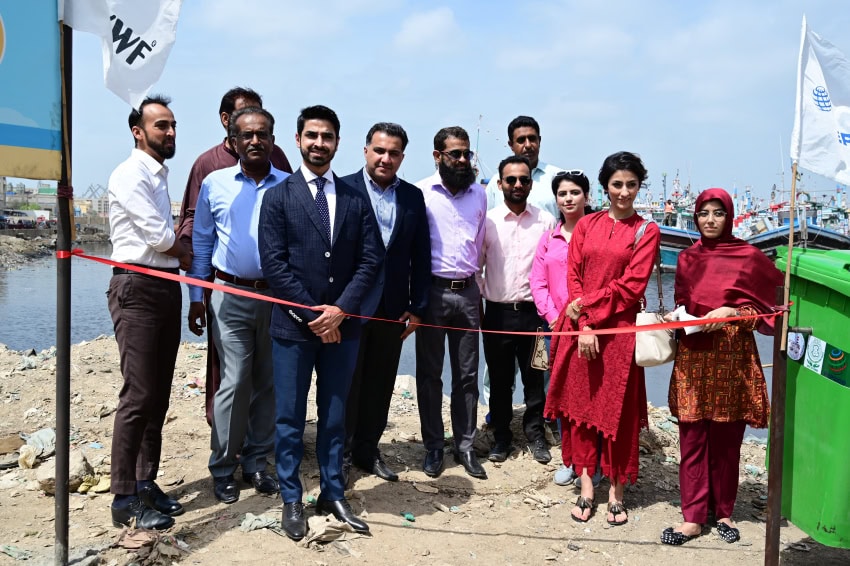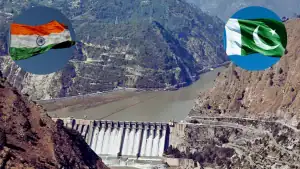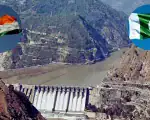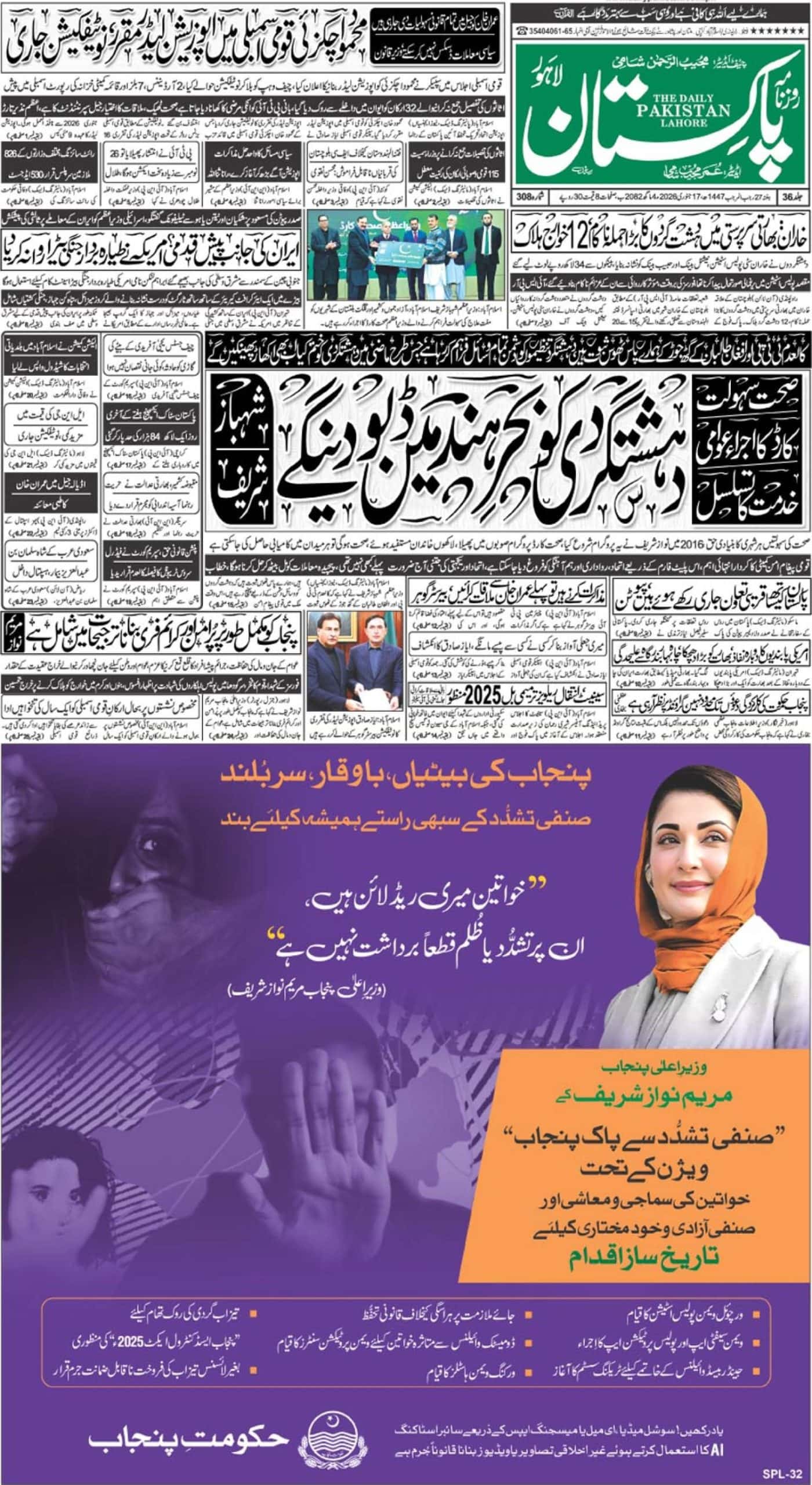PepsiCo Pakistan and WWF-Pakistan have joined forces to initiate the Coastal Clean-up Project at Karachi Fish Harbor as a powerful demonstration of their commitment to environmental sustainability.
This collaborative effort is part of PepsiCo’s global PepsiCo Positive (pep+) sustainability initiative, which focuses on environmental and sustainability initiatives that benefit people and the planet.
The primary goals of this project are two-fold; to implement a concerted campaign that collects and manages waste effectively, thereby preventing its dispersion into water sources, and to raise awareness among local communities and stakeholders about recycling and proper waste disposal.
During the official inauguration event which was attended by PepsiCo associates, WWF-Pakistan’s team and representatives from various government organizations, Ghazi Salahuddin, Regional Head Sindh and Balochistan, WWF-Pakistan stressed the importance of addressing waste management to preserve Pakistan’s marine ecosystem.
Basit Pirzada, Senior Manager Public Policy, Government Affairs, and Sustainability at PepsiCo Pakistan, emphasized the company’s commitment to plastic collection, recycling, and a circular economy for plastics. He highlighted the company’s collaborations with stakeholders, including government agencies such as the Ministry of Climate Change and Environmental Coordination, to effectively contribute towards plastics reduction.
Basit Pirzada stated, “By empowering partners such as WWF-Pakistan and leveraging the power of our brands, we hope to increase public awareness about proper waste disposal and recycling, thereby protecting our valuable riverine, coastal, and marine habitats.”
Nazifa Butt, Head Climate & Energy Program, WWF-Pakistan, emphasized the significance of such initiatives, stating, “There is an urgent need for activities and cleanup projects that enhance public awareness of managing debris along our coastline. Through corporate engagement, we can expedite the deployment of locally manufactured technologies to address the issue of plastics in our oceans and rivers, while also supporting broader policies focused on waste management and plastics reduction.”













